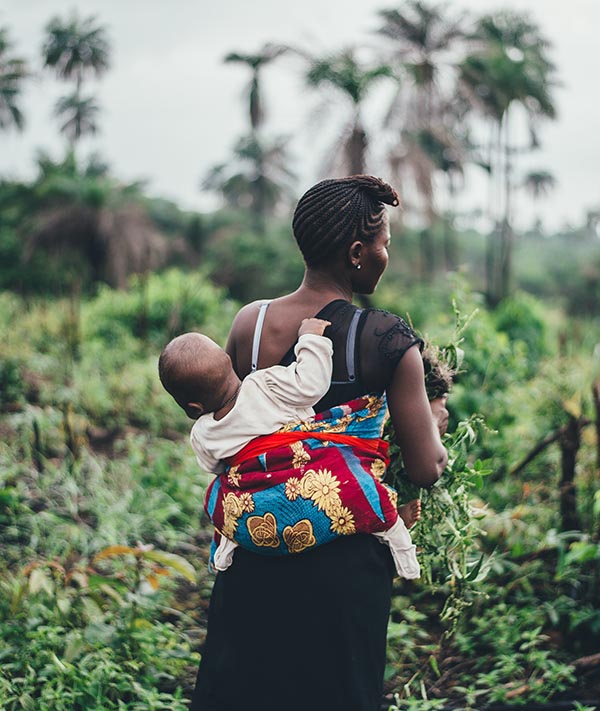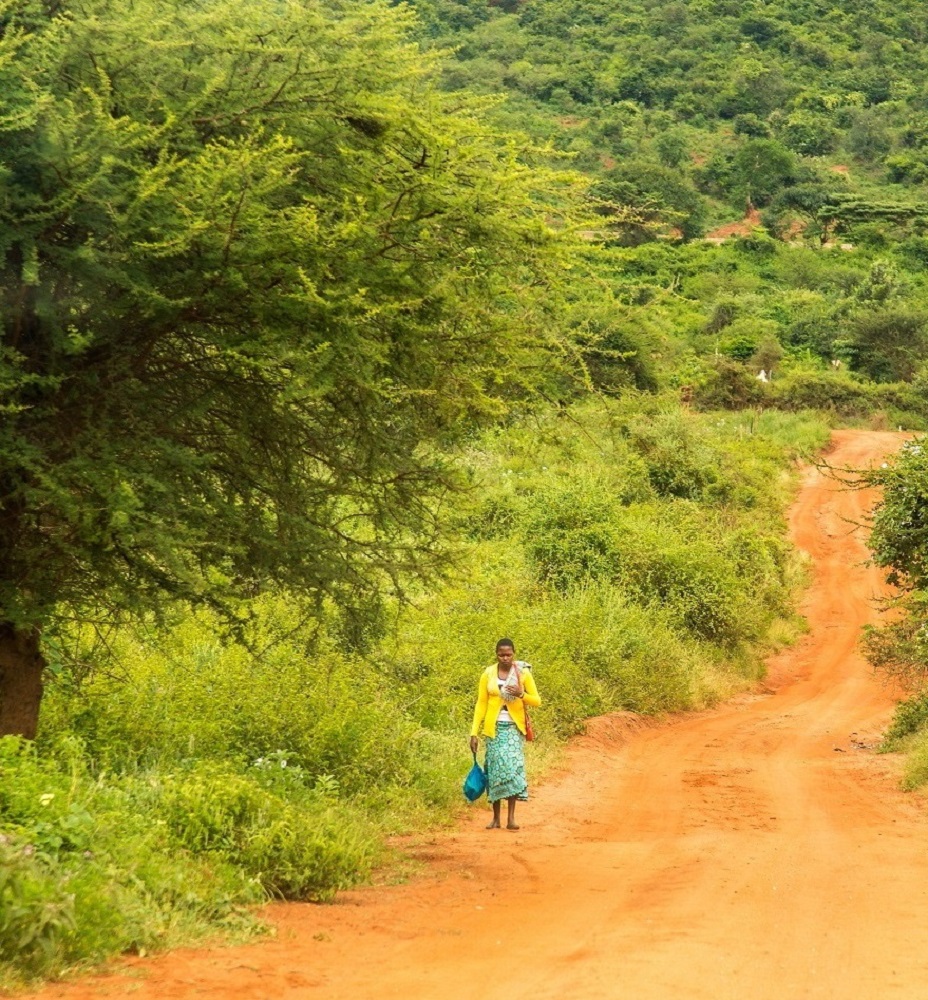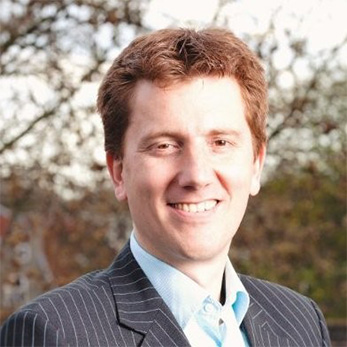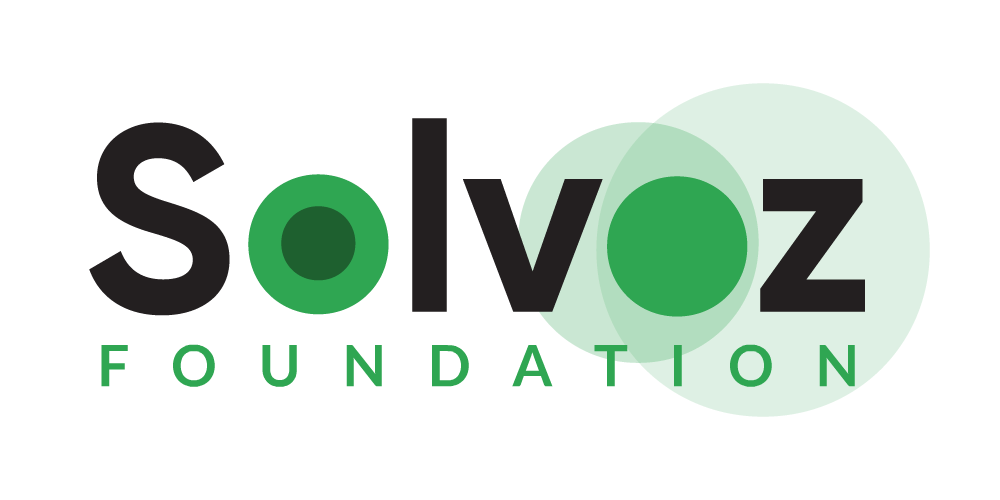
About Us
The Solvoz Foundation came into existence based on the discussions of a group of experienced aid workers. After a lot of research within the sector as well as countless conversations, they established the Solvoz Foundation (previously known as the AidInnov Foundation).
We know the many challenges in how aid is being delivered to the field. These challenges are related to how products and goods are procured by aid agencies, and how new innovations are reaching those in need. These challenges include:
Worldwide there are over 10 million NGOs, each with their own programmes, projects and staff. Almost all do their procurement individually.
There is a movement and a call for more “localisation of aid”. Among other things, charters have been created for, among them the commitment for more funding for National NGOs. However, there is also a great need to open up local markets for (international) aid organizations; by procuring nationally, regionally and locally.
Often procurement is not including a ‘total cost of ownership’ vision. However, the costs during the life cycle of a product, solution, innovation or service are crucial for the effectiveness and an efficient use. In addition, it is critical to offer responsible aid. As an example, there are many unused incubators in hospitals around the world that cannot be used because there are missing parts, lack of power, trained nurses etc.
There is a lot of overlap in innovation and many innovations fail to scale which is needed to be successful.
The Solvoz Foundation wants to tackle this problem by bringing more transparency to the range of products and services used in the aid sector. This is a facilitating condition for making the market for products and services in the aid sector more efficient, effective, responsible and sustainable.

Statutory objective
The foundation has the objective to promote sustainability, effectiveness and efficiency in the planning and spending of funds in international aid and development cooperation, as well as the performance of anything related to it or that may be conducive thereto.
The foundation achieves its goal by setting up, maintaining and expending a database with products, solutions, services and innovations for the aid sector. This database will be publicly available. The database is a necessary condition to facilitate the various actors in the international aid sector in a more effective and efficient use of funds.
What we do
To achieve our mission, the foundation will set up a database with solutions for the aid sector. This database will be publicly available. We are working with multiple parties who are providing information to the database, such as NGOs, relevant providers of products and services, product experts, and others.
The database is a necessary condition to facilitate the various actors in the international aid sector in a more effective and efficient use of funds. Purchasing managers from NGOs can search and find solutions in the database that are relevant and effective in certain contexts. For example, for setting up an electricity supply, various solutions are possible depending on the purpose of use, the required reliability, the required capacity, the budget, etc.
The Solvoz Foundation database makes these solutions searchable. Solutions can come from, for example, a diesel generator, solar panels, wind energy, hybrid solutions, etc. Each solution requires specific knowledge about the life cycle of the solution. Each solution requires a specific maintenance schedule (with associated maintenance engineers), the availability of spare parts, etc.
The Solvoz Foundation’s database discloses this specific knowledge and that ensures that purchasing managers can purchase more effectively and efficiently. This in turn ensures that solutions are more effective for the final recipients of this aid, and that more help can be offered per euro or dollar spent.

ANBI and tax-exempt status
In the Netherlands, as in most countries, a “Stichting” (Dutch for foundation) is an organisation that does not aim to make a profit. The money raised by the foundation consists of donations, loans, subsidies and legacies. Its primarily purpose of a foundation is to support a social or non-profit cause. It may also conduct business activities, but its profits must be allocated to the foundation’s cause or purpose. A foundation has a board, but no members and no shareholders. In the future the Solvoz Foundation will establish a supervisory board.
Solvoz Foundation board
The board is responsible for managing the foundation. This includes in any case the determination of the policy, the adoption of the financial guidelines and having the final responsibility for day-to-day management. The members of the board receive no remuneration for the work they perform, other than a possible reimbursement for expenses incurred. The foundation has no employees.

Claire Barnhoorn
ChairClaire is the chair of Solvoz Foundation. Claire is a seasoned humanitarian with 10+ years of experience, in the field, at headquarters and as adviser (NGOs &UN). She has supported many organisations and field offices, such as MSF, UNCHR & UNICEF. Claire has a background in International Development.

Robert Simpson
SecretaryRobert is Secretary of Solvoz Foundation. Robert has worked in the humanitarian and developmental sectors for over 20 years primarily focused on supply chain management. He has worked for a wide range of organisations such as WFP, MSF and Oxfam. Rob has a background in engineering.

Jaime ter Linden
TreasurerJaime is treasurer of Solvoz Foundation. Jaime has worked for eight years in development assistance at a start-up focused on financial inclusion for farmers and as consultant. Previously he gained experience in the financial and media sector. Jaime has a background in Business Administration.
Reports
The AidInnov Foundation has been founded in July 2019.
A name change to the Solvoz Foundation took place in January 2021.
Please find Solvoz Foundation’s:
- Financial report for 2019 and 2020
- ANBI report 2020
- Policy plan for 2021-2022
